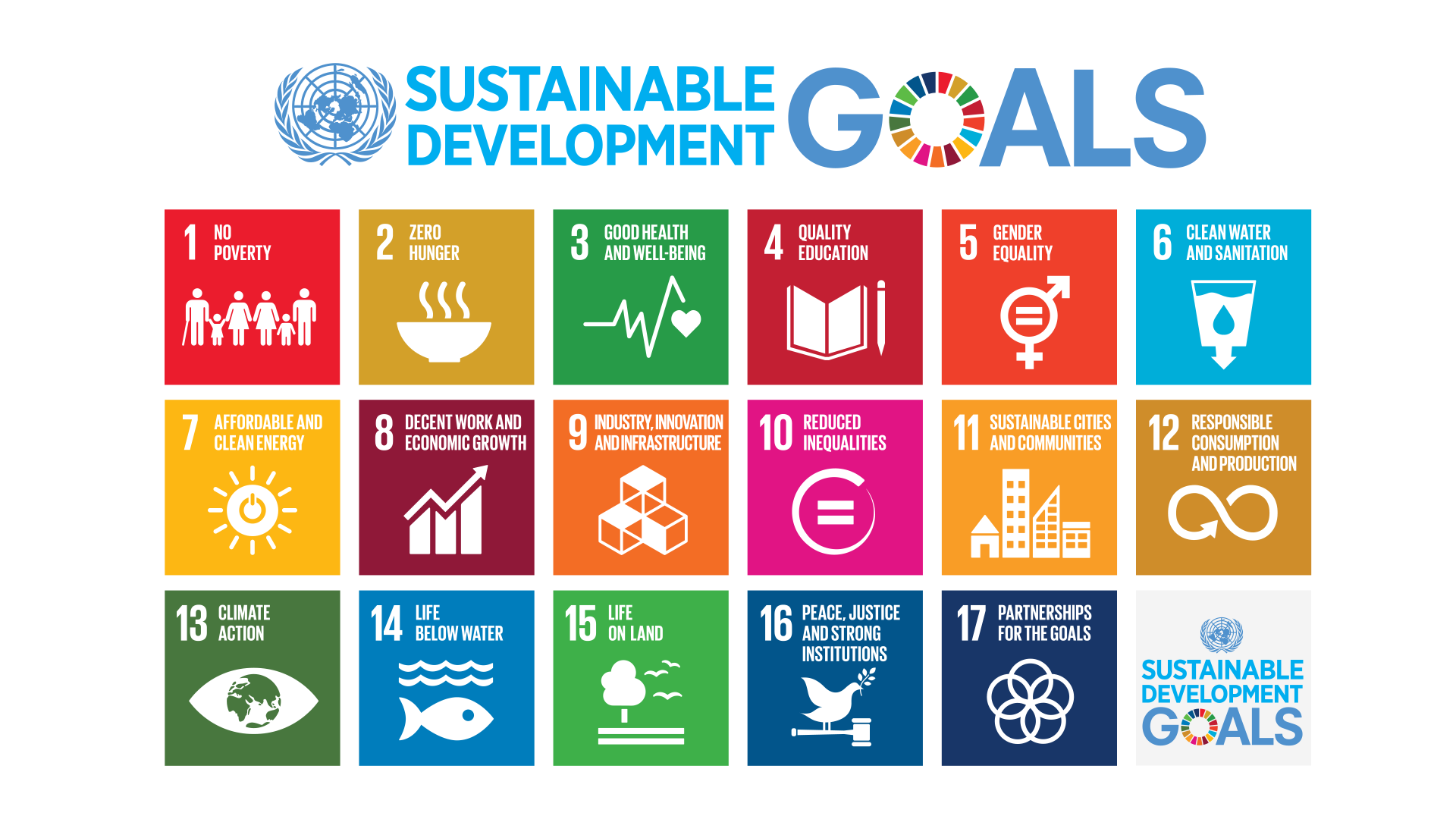Last weekend, the United Nations summit for sustainable development has been held in New York. Government representatives from UN member states have adopted the Sustainable Development Goals.
This 17-point agenda is a guiding force for SAD’s work.
What do the Sustainable Development Goals change?
The Sustainable Development Goals (SDG) follow on from the UN’s Millennium Development Goals from 2000. These focused first and foremost on reducing poverty in developing countries. The new generation of development goals – that should be achieved by 2030 – broadens the targets. Three points are particularly significant:
- They focus more closely on promoting solutions for international poverty and inequality. That affects both developing and developed countries.
- Global environmental change could put the current population and future generations at risk, in particular in terms of poor people’s fundamental resources. That’s why the goals now include sustainability and achieving prosperity within the limits of the Earth’s system, without which poverty eradication will not be possible.
- The agenda is an international set of guiding principles. Both developing and industrial countries need to take responsibility. Wealthy countries must also be measured, for example with regard to use of resources, resource efficiency, climate justice and combating inequality. Increased international cooperation is essential to achieving the goals.
The 17 Goals will apply from 2016. Their implementation is voluntary. Each country decides individually on measures for reaching the goals. Implementation should be regularly monitored using fixed indicators.
What do the new Goals mean for SAD?
As a pioneer in the field of sport and development, SAD values the fact that sport was of particular importance in the preparation of the SDGs. It was stressed that sport promotes tolerance and increases mutual respect, meaning that it can play a decisive role in development and peace processes. Its use in empowering women and children, and its significance for health and education were underlined.
SAD is convinced that sport has a key role to play in finding innovative solutions – a decisive factor given the complexity of the SDGs. In its work, SAD uses sport and development as a platform to address goals such as those outlined in SDGs 3, 4 and 8 (cf. illustration). The overarching goals such as ending poverty, environmental sustainability, involving young people and impact assessment are also relevant to SAD.

